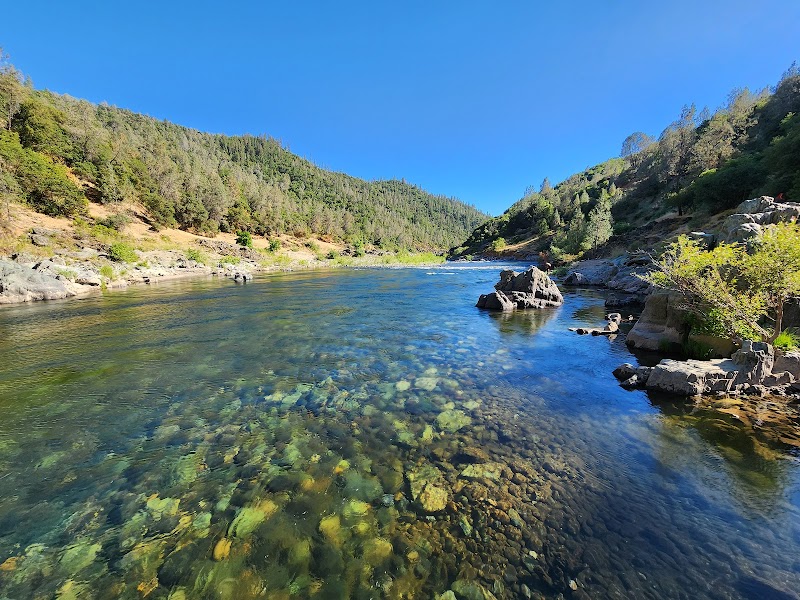
Banco Forest Reserve Adventures
Banco Forest Reserve is a protected woodland area in California that offers a quiet natural escape with diverse flora, tranquil hiking trails, and opportunities for birdwatching and light recreation.
About Banco Forest Reserve

Banco Forest Reserve is located in northern California, spanning a mix of low-elevation forest landscapes characterized by pine, oak, and fir species. The reserve covers a moderately sized tract of land that supports a range of wildlife including deer, coyotes, and various songbirds, making it an attractive spot for both naturalists and outdoor enthusiasts. Established primarily for conservation and sustainable forestry, Banco Forest Reserve maintains a balance between preservation and limited recreational use. Its gently rolling hills and shaded forest trails provide peaceful hiking and birdwatching opportunities, with less crowded conditions compared to larger national parks nearby. Historically, the area was used for logging in the early 20th century but has since undergone restoration efforts to protect soil and water quality. Visitors can explore several short- to mid-length walking paths that wind through mixed hardwood and softwood forest, with quiet creek crossings and small meadows that bloom seasonally. The reserve is less developed, enhancing its appeal to those seeking solitude, nature photography, or quiet reflection. While there are no large campgrounds or visitor centers onsite, Banco Forest Reserve remains popular among day hikers, especially local families and birdwatchers aiming to spot rare or migratory species. Its accessibility from nearby towns and proximity to other larger protected public lands make it an important green space within the region’s outdoor recreation network.
Highlights
Old-growth Pine Stand featuring trees over 150 years old
Seasonal Birdwatching hotspot with sightings of warblers and woodpeckers
Historic Logging Road Trail offering access to scenic overlooks
Hidden Creek Meadow, a quiet spot with wildflowers in spring
Notable Natural Features
Banco Pine Overlook
A viewpoint that provides panoramic views across the forest canopy and surrounding valleys.
Creekside Habitats
Small riparian zones that support amphibians and provide scenic peaceful stops along trails.
Historic Logging Roads
Former logging routes now repurposed as gentle trails showcasing how the forest has recovered.
